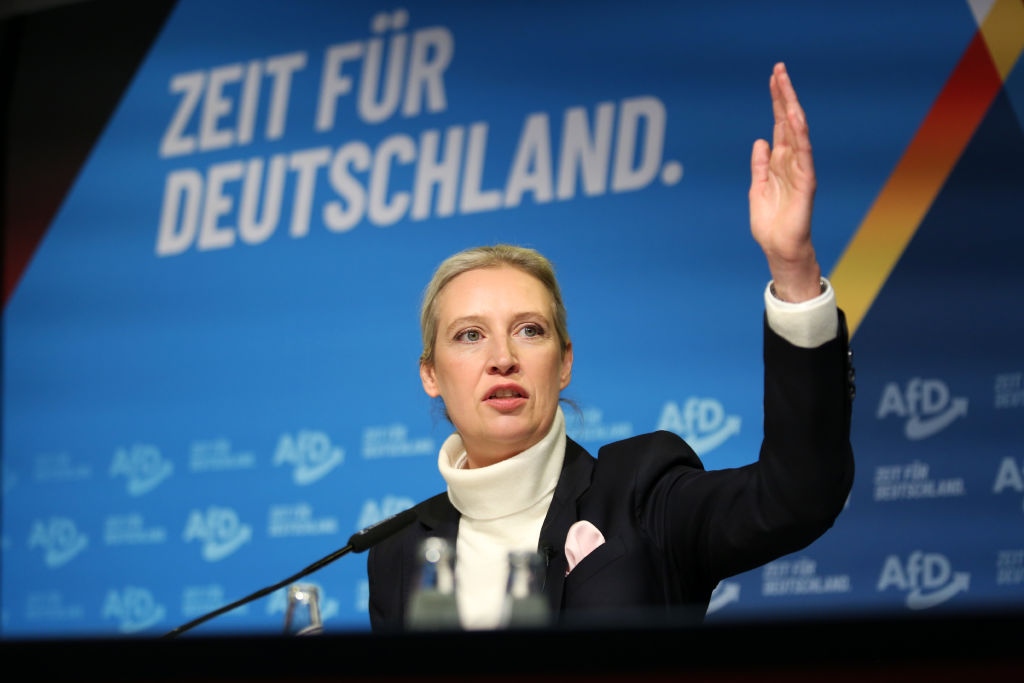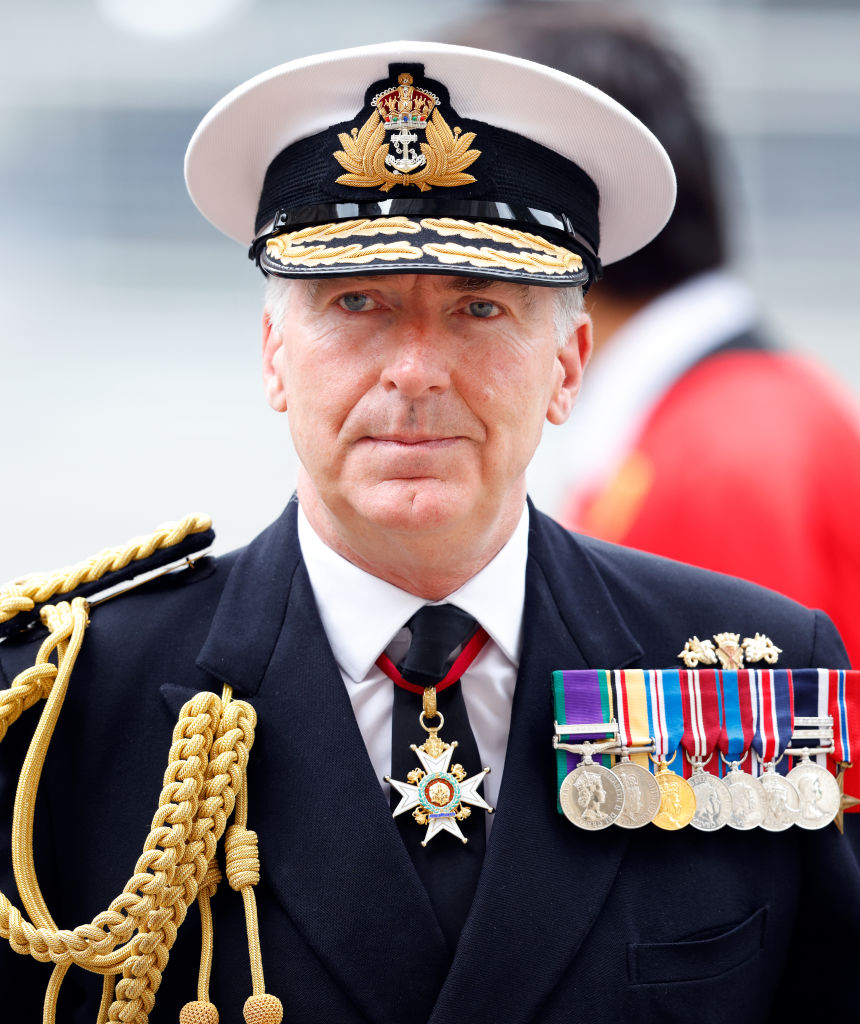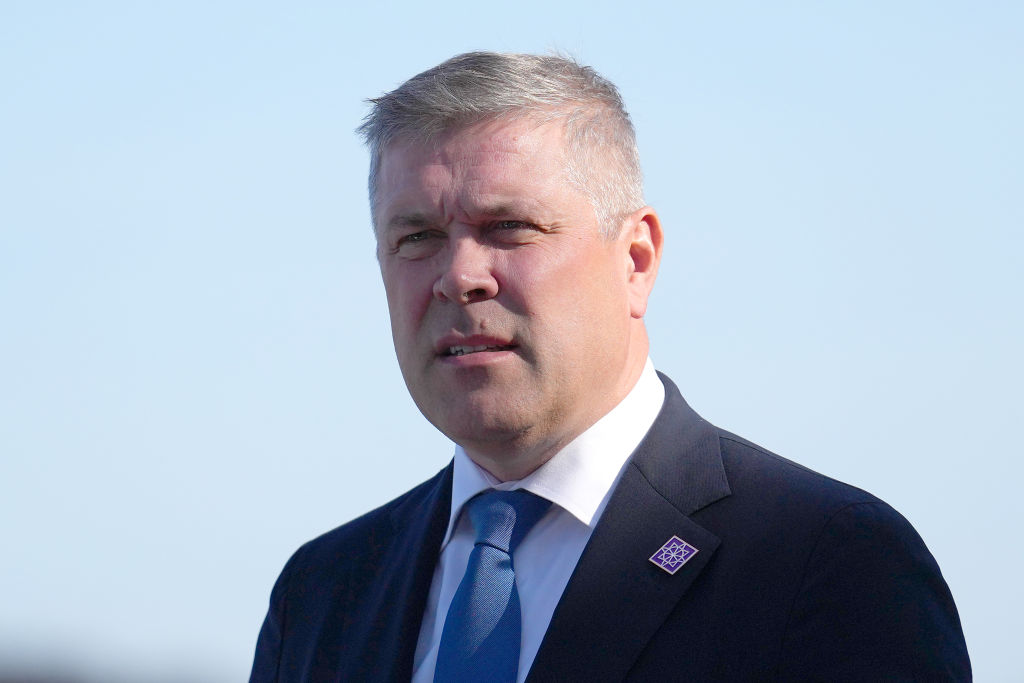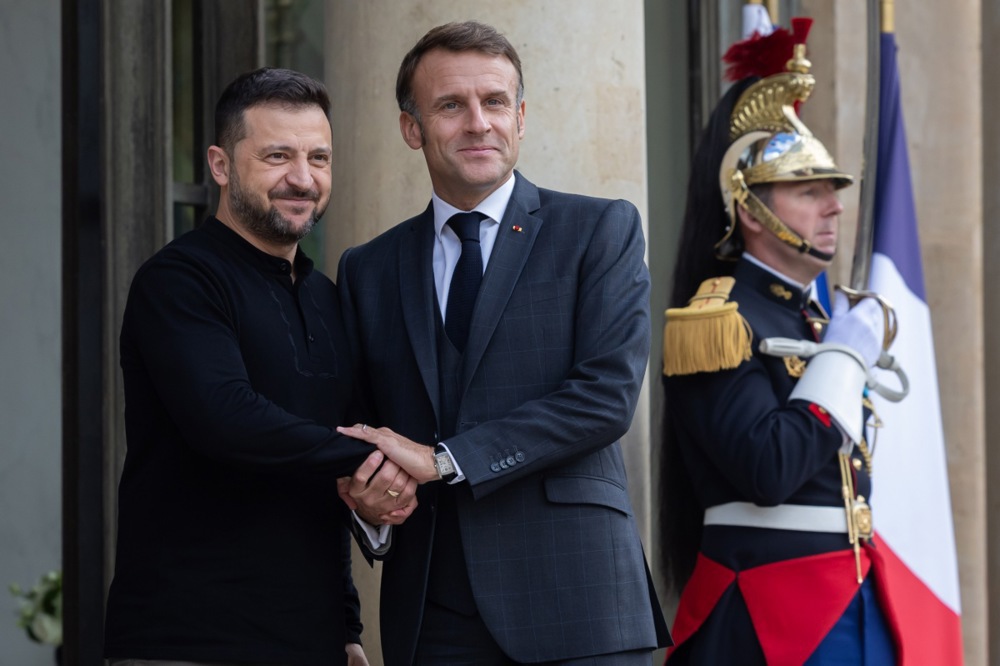Dennis Radtke, the chairman of the social wing of the German Christian Democrat Party (CDU), has warned against a coalition between his party and the Socialists (SPD), citing what he said was their possible sympathies towards Russia.
Radtke, who leads the Christian Democratic Workers’ Association, told the Funke media group on January 3: “I simply lack the imagination as to how the necessary corrections in foreign and security policy can be implemented with the SPD.”
A “Moscow connection” still dominated within the SPD, he claimed.
His attack against the Socialists was surprising since the Christian Democrats have previously governed with the Socialists for years, most recently from 2013 to 2021.
Such co-operation was traditionally named the “Grand Coalition” because both parties were usually the biggest electoral blocs.
In recent years, though, the hard-right Alternative for Germany Party (AfD) has taken over as the country’s second-biggest party, bypassing the Socialists.
Yet no other party has said it wanted to form a government with the AfD.
This appeared to be among Radtke’s concerns; he claimed that a coalition of CDU and SPD would make the AfD the leader of the opposition in the German parliament.
“The political climate in Germany is already dramatically poisoned,” he said. “There is no need for another problematic opposition leader with [AfD chairwoman] Alice Weidel,” Radtke added.
CDA-Chef @RadtkeMdEP kritisiert zu Recht, dass bei „wesentlichen Entscheidungen“ innerhalb der SPD nach wie vor die #MoskauConnection dominiert. Namen wie #Mützenich, #Stegner und #Miersch stehen für eine Russland-affine Politik, die ?? Interessen schadet! https://t.co/OXEb0eANJ9
— Frank Helmenstein???????? (@F13Helmenstein) January 3, 2025
SPD parliamentary secretary Katja Mast hit back and told the AFP news agency that Radtke’s remarks were “off in content and tone”.
Marco Buschmann, General Secretary of the Liberal FDP Party, said he preferred working with the Christian Democrats, telling the news outlet Rheinische Post on January 3 it “would be a real perspective for a new economic and migration policy from the serious centre”.
Germany is due to hold parliamentary elections on February 23.
In the latest polls, the Christian Democrats have been ahead with 32 per cent of the votes. The AfD rank second with 19 per cent and the SPD sits at 16 per cent. The Greens have been polling at 12 per cent.
It has appeared to observers that a coalition will need to be formed for a parliamentary majority, which likely will require long negotiations.
In December, Markus Söder, a Christian Democratic heavyweight, expressed his opposition to working with the Greens.
Söder said the party belonged in opposition. He blamed current Greens MP and economy minister Robert Habeck for Germany’s recession and what he called its “completely unsuccessful” nuclear phase-out.
Greens leader Franziska Brantner criticised Söder’s stance: “We democrats must remain able to talk to each other,” she told the newspaper Tagesspiegel.
Regarding a “grand coalition” after the elections, she said in the end the citizens would have to decide “whether they want another expensive standstill.
“Those who do not want this standstill can vote Greens,” she added.





